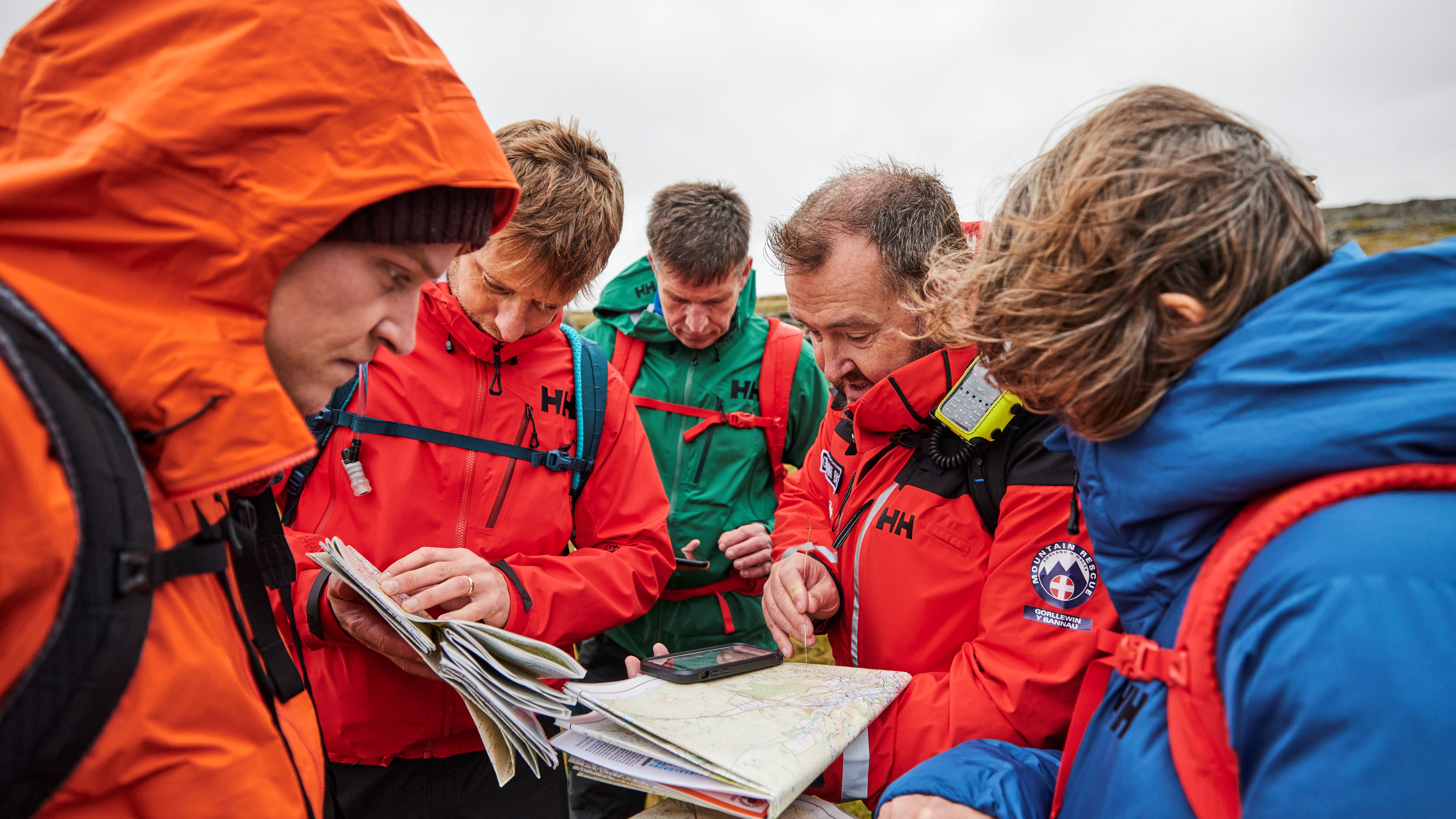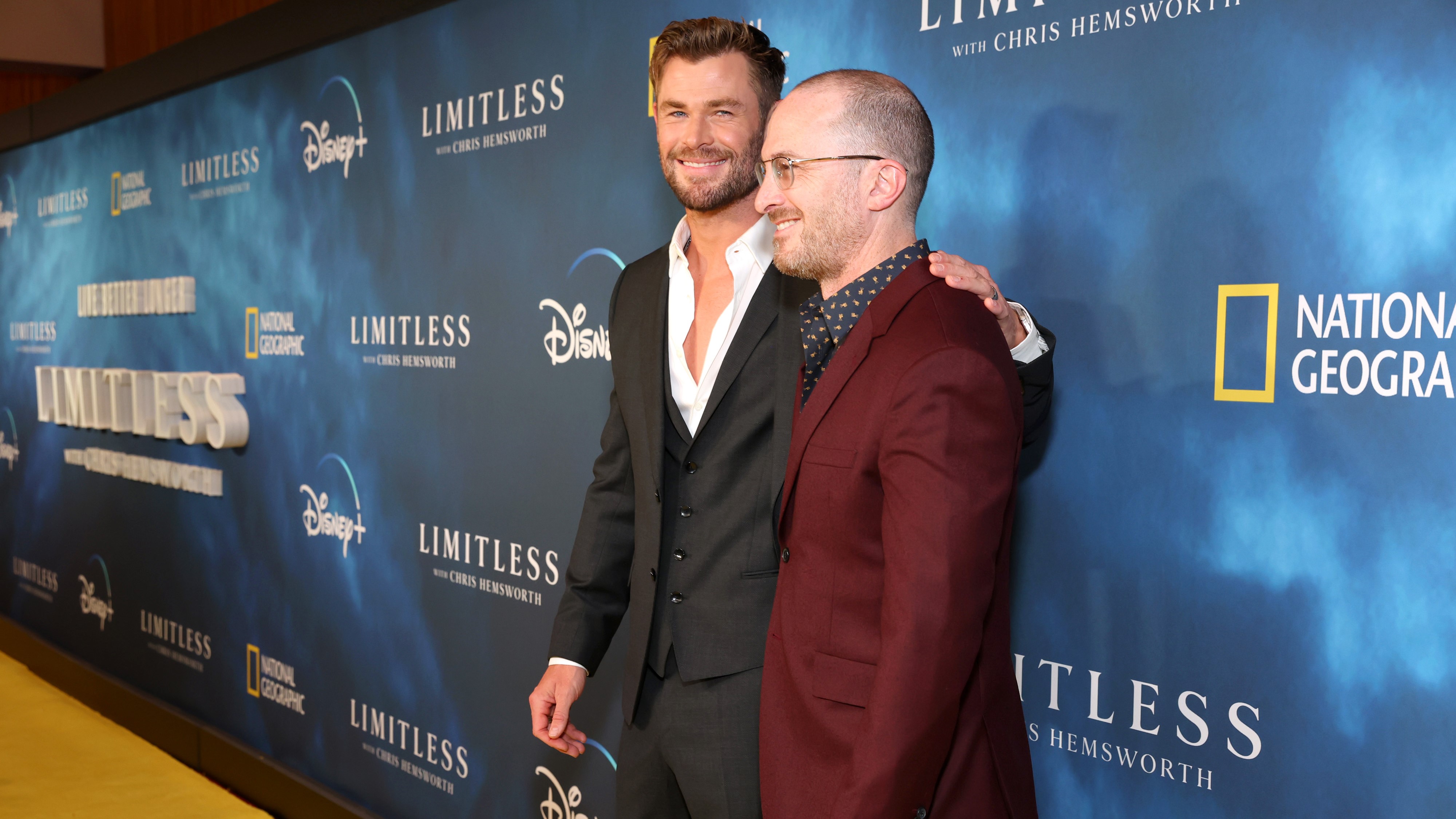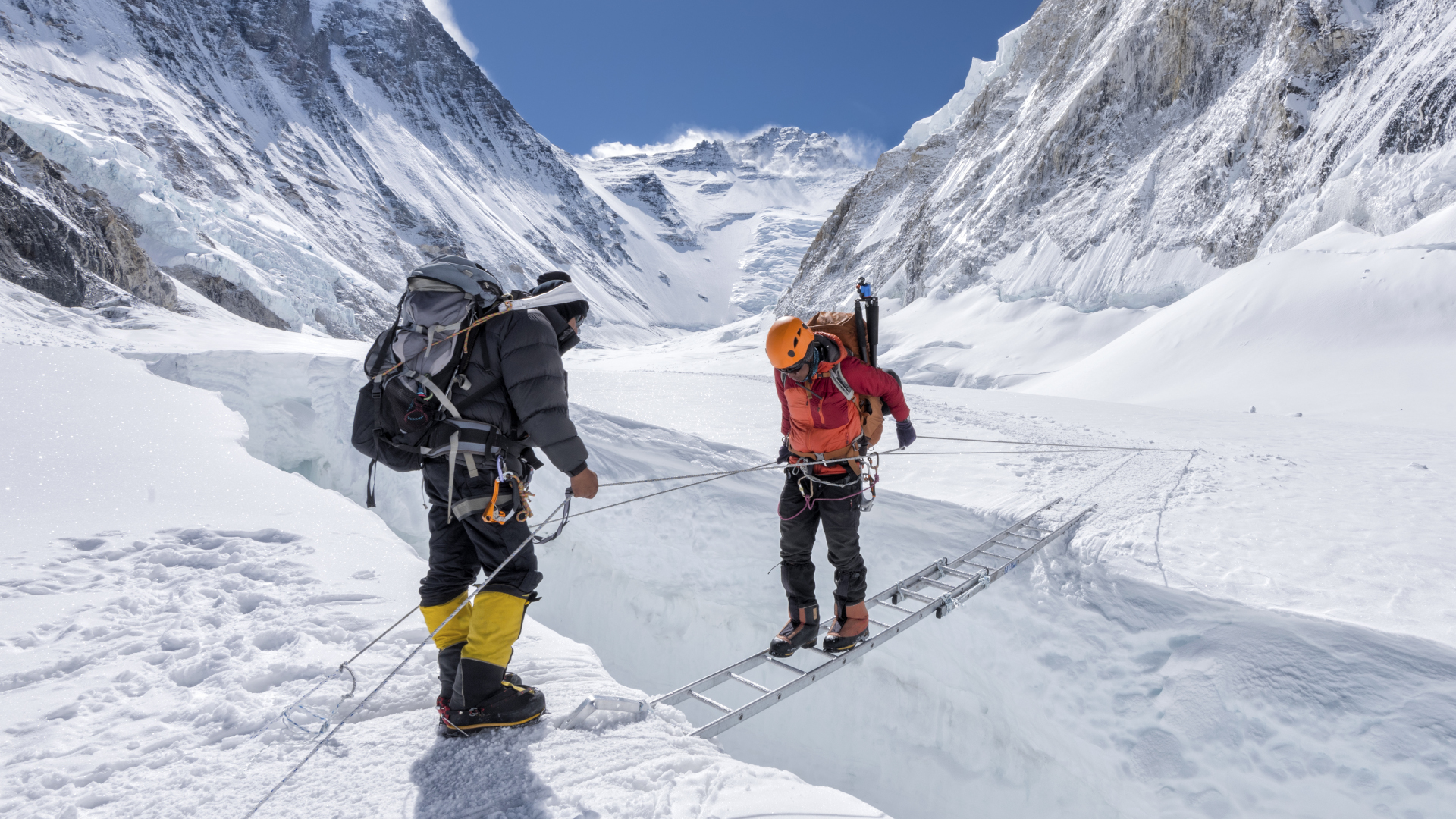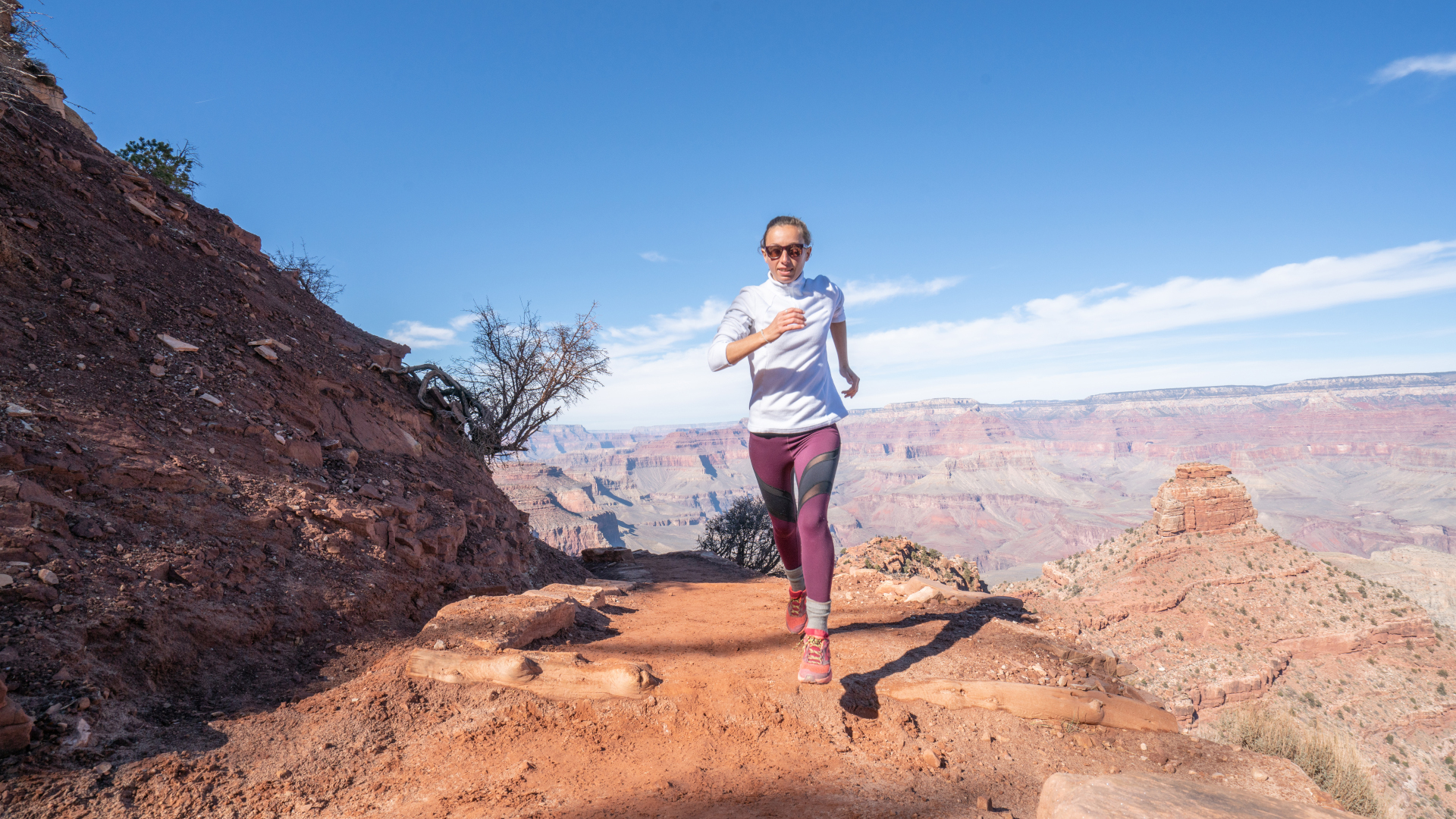Exercise and Alzheimer's: can you reverse aging on your adventures?
We speak to the expert who sent Chris Hemsworth into the outback without a map to study the link between exercise and Alzheimer’s

All the latest inspiration, tips and guides to help you plan your next Advnture!
You are now subscribed
Your newsletter sign-up was successful
If you’re one of many, many people setting an intention to be more active this year, you might already have reached a stumbling block when it comes to dusting off those hiking boots or trail running shoes. It’s cold, the days are short, you’re busy, the list goes on. But if you knew that being more active could actually help you to reverse the aging process, and perhaps even reduce your chances of developing Alzheimer’s, would you be more likely to hit the trail or get on belay?
The link between exercise and Alzheimer’s offers yet another compelling reason to get moving regularly, and it’s one of the key messages communicated by Dr. Sharon Sha, a Clinical Associate Professor of Neurology and Neurological Sciences at Stanford University. Dr Sha has become a leading light in the field of dementia and neurodegenerative disease, which affect one in 14 people over age 65 according to the NHS, a distinction which recently landed her a position as a science expert on the new National Geographic show Limitless with Chris Hemsworth.
In the show, directed by Darren Aronofsky, the actor undergoes some epic challenges such as cold water therapy in the Arctic, a 100ft rope climb and navigating in the Australian outback in order to unlock the secrets of living better and longer. In the fifth episode, Hemsworth teams up with Dr Sha to explore the limits of memory, venturing off-grid into the wilderness without a GPS watch or map.

Though heading out into the wild without navigational tools is the last thing we’d recommend, Dr Sha explains that for the purposes of the show, it was a means to help Hemsworth activate a certain part of the brain that can be essentially turned off by GPS technology, which in turn weakens memory according to an article in Scientific American.
“The lack of a navigational tool is tapping into the cognitive stimulation portion of the aspect of keeping the brain healthy,” explains Dr Sha.
People with dementia often experience memory loss, according to Alzheimer’s Society, who cite 11 studies that show that regular exercise can significantly reduce the risk of developing dementia by about 30 per cent. What the connection is between the two isn’t fully understood yet, according to Dr Sha, but it may be down to the secretion of a protein.
“We suspect that exercise causes secretion of BDNF, brain-derived neurotrophic factor, that stimulates neurons to be healthier. There may be other factors that are created during exercise as well. Cognitive stimulation helps reinforce neuronal connections and create new connections that help the brain be healthier.”
All the latest inspiration, tips and guides to help you plan your next Advnture!
In other words, Dr Sha surmises, the old adage of 'use it or lose it' may be right on the money.

If you’re eager to explore these benefits by hiking, trail running, skiing and rock climbing more, we feel you, but that doesn’t mean you should ditch the compass and set off naked either. It may in fact be a good argument for switching out the GPS watch in favor of a map and compass, while Dr Sha recommends bringing all of your typical navigational tools, but learning to rely on them less when you’re in familiar terrain.
“For familiar hiking routes, take the map and compass as a back up. Try new routes and have the navigation tools to assist,” she advises.
To further ensure your safety in the wild, Dr Sha encourages you to explore with friends rather than alone, which adds a social aspect to your adventures that she says is also thought to lower the risks of Alzheimer’s. She also recommends you work in memory exercises such as learning the names of the wildlife or plant life you discover on your adventures.
“Adding cognitive stimulation, socializing, sleeping well and eating a healthy diet are all daily practices that can help reduce the risk of developing Alzheimer’s disease. If you can combine some of these, even better! For example, learning a new dance routine with a group of people would combine socializing, exercising and cognitive stimulation all at once!”

Essentially, testing your physical abilities through outdoor adventure is a great starting point to potentially lower your risk of developing Alzheimers, but you can enhance that effect by developing your skills in reasoning, focus and memory through navigation, make it a social event and learn how to fall asleep anywhere so you can always recover properly, you’ll multiply the benefits to your health and stand a chance at reversing the aging process.
Are you ready? Load up your best hiking backpack and hit the trail.
Limitless with Chris Hemsworth is available on Disney+.
Julia Clarke is a staff writer for Advnture.com and the author of the book Restorative Yoga for Beginners. She loves to explore mountains on foot, bike, skis and belay and then recover on the the yoga mat. Julia graduated with a degree in journalism in 2004 and spent eight years working as a radio presenter in Kansas City, Vermont, Boston and New York City before discovering the joys of the Rocky Mountains. She then detoured west to Colorado and enjoyed 11 years teaching yoga in Vail before returning to her hometown of Glasgow, Scotland in 2020 to focus on family and writing.

